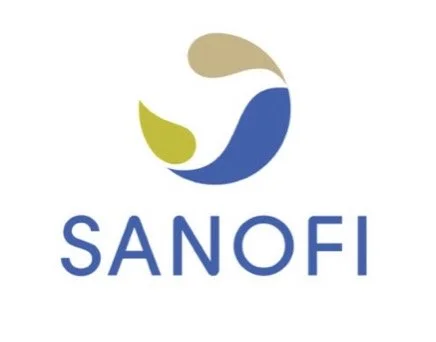How the Program Works
High-performing teams are built on the growth of their individual members. Teams do not reach their peak simply by clarifying roles or decision rights—they grow when individuals develop interpersonal skills, flexibility, and maturity. Team members learn to navigate differences, adapt to various working styles, and contribute authentically to collective goals.
The program begins with individual assessments such as MBTI and Gallup StrengthsFinder, helping each member understand their preferences, strengths, and impact on the team. The first two days focus on personal insight and reflection. On the third day, the team comes together to share collective strengths and preferences, explore how these enable or limit the team, and co-create the team’s “coat of arms”—a symbolic representation of their values, purpose, and agreed ways of working together.
Outcome
By the end of the program, teams operate as purpose-driven, connected systems capable of thriving in complexity. Members understand their roles within the ecosystem, collaborate with intention, and bring collective wisdom to their work. Systemic team coaching transforms teams from a collection of individuals into a cohesive, resilient, and high-impact living system.
TAP INTO THE POWER OF A SYSTEMIC TEAM
We are living through an era of unprecedented, systemic change. Over the past decade, events like the pandemic have accelerated disruption, revealing how unprepared many organisations and systems were to respond. The foundations of “business as usual” have been shaken, and leaders are now invited to reimagine how we work, collaborate, and show up in the world. This moment is an opportunity: to empower people, foster resilience, and build ecosystems grounded in shared purpose and individual accountability.
Through my coaching work, I’ve observed a widening gap between the limitless potential of teams and our capacity to navigate it wisely. This dissonance affects not only individuals but entire systems. When individuals come together to form a team or organisation, their collective presence and way of operating have an outsized impact. For people to thrive, teams must evolve in how they relate to themselves, each other, and the broader ecosystem. Research confirms that accountability, agency, and effective collaboration—both within teams and across stakeholder groups—are essential for organisational performance and well-being.
What Systemic Team Coaching Is — and Isn’t
This is not a traditional team-building program focused solely on interpersonal dynamics or meeting efficiency. While relationships matter, such approaches often treat the team as a closed system and overlook the deeper, systemic issues that underpin recurring challenges.
Systemic team coaching, instead, views the team as a living system—one that exists to serve a purpose beyond itself. True potential emerges when the team aligns around a shared purpose, requiring collaboration, connection, and contribution that go beyond the sum of its parts. The approach extends beyond internal dynamics, examining how the team interacts with its wider ecosystem—internal and external stakeholders, customers, partners, and other teams. It asks: How is the team creating value for those it serves? How does it operate not just in meetings, but across everyday engagements?
The Key Ingredient: Purpose-Driven Collaboration
When a team connects to a purpose larger than its individual members—one that can only be realized through collaboration—it unlocks engagement, creativity, and coherence. This shared sense of direction fosters belonging, mutual responsibility, and a commitment to contribute fully to a collective vision.





















